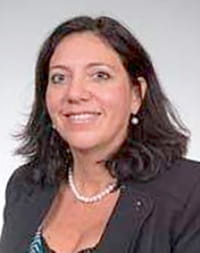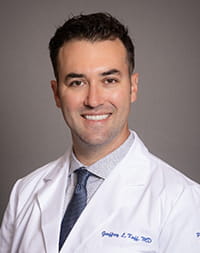Faculty
Our faculty are well-known within our institution and the greater Philadelphia area as expert clinicians in all areas of pulmonary, critical care and sleep medicine. Many of our faculty are actively engaged in clinical research and hold leadership positions at both the local and national levels.
Within our outpatient office, inpatient pulmonary consultation service and critical care teams we care for a diverse population of patients from both Philadelphia and the Main Line with a wide variety of pulmonary disorders and critical illnesses. Since we are a community-based academic teaching hospital, our patients often present to us without a specific diagnosis, providing our fellows the opportunity to care for the patient from diagnosis to treatment. This structure provides an excellent learning opportunity for fellows in clinical pulmonary and critical care medicine.
Our faculty are strongly dedicated to education, as evidenced by the numerous teaching awards which they have received from medical students and house staff at Lankenau Medical Center and other institutions.
Leah Lande, MD

Attending Physician, Lankenau Medical Center
Director, Pulmonary and Critical Care Fellowship
Lankenau Institute for Medical Research
Clinical Assistant Professor of Medicine, Jefferson Medical College
Spencer Whealon, DO
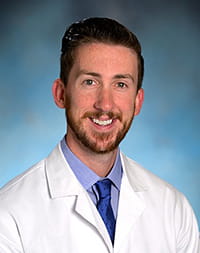
Attending Physician, Lankenau Medical Canter & Paoli Hospital
Associate Program Director, Pulmonary/Critical Care Fellowship
Lee W. Greenspon, MD

Attending Physician, Lankenau Medical Center
Director, Pulmonary Diagnostics and Rehabilitation, Lankenau Medical Center
Lankenau Institute for Medical Research
Clinical Professor of Medicine, Jefferson Medical College
Donald D. Peterson, MD
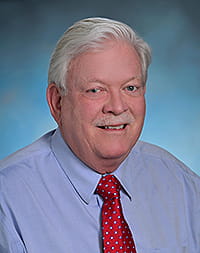
Attending Physician, Lankenau Medical Center
Lankenau Institute for Medical Research
Clinical Professor of Medicine, Jefferson Medical College
Thomas J. Meyer, MD

Attending Physician, Lankenau Medical Center
System Chief, Division of Pulmonary and Critical Care Medicine, Main Line Health
Medical Director of Interventional Bronchoscopy & Lung Cancer Center
Clinical Assistant Professor of Medicine, Jefferson Medical College
Eliot B. Friedman, MD

Attending Physician, Lankenau Medical Center
Medical Co-Director, Lankenau Sleep Center, Main Line Health
Clinical Assistant Professor of Medicine, Jefferson Medical College
Catherine L. Kuntz, MD

Attending Physician, Lankenau Medical Center
Medical Director, Critical Care, Lankenau Medical Center
Clinical Assistant Professor of Medicine, Jefferson Medical College
Jacqueline B. Sutter, DO
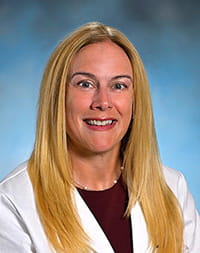
Attending Physician, Lankenau Medical Center
Clinical Assistant Professor of Medicine Jefferson
Zachary Reese, MD
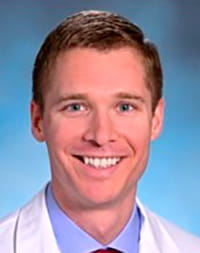
Attending Physician, Lankenau Medical Center
Ryan D. Reber, DO
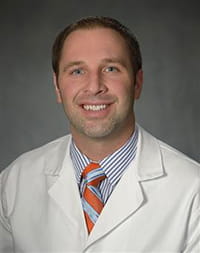
Attending Physician, Paoli Hospital
System Director, Critical Care, Main Line Health
Medical Director, Critical Care, Paoli Hospital
Christopher Damiano, DO

Attending Physician, Paoli Hospital
Rochelle Goldberg, MD

Attending physician, Section of Sleep Medicine, Paoli Hospital
Medical Director, Sleep Medicine Services

